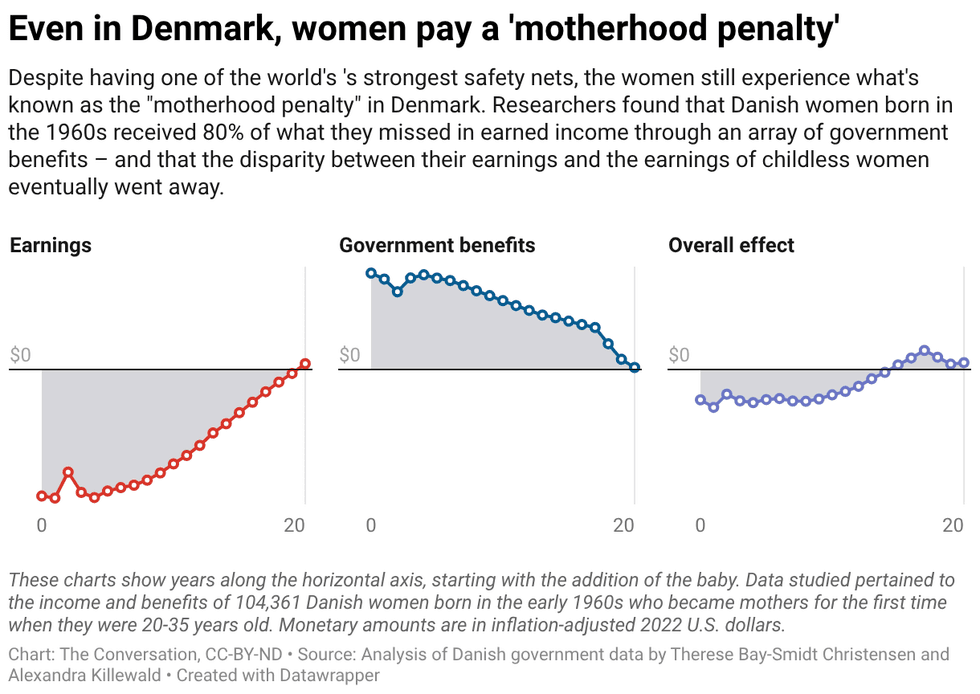Bernie Sanders today unveiled his Medicare for All Act of 2017 at the U.S. Capitol. The plan is seen as dead-on-arrival given Republican control of Congress, but considering the growing support for single-payer health care in the country, it may serve as a blueprint for the future of the American system. Unfortunately, there’s one major thing missing from Bernie’s generous plan: how Americans will pay for it.
Sanders’ initiative would be the most generous single-payer health care plan in the world. Americans would have comprehensive coverage that would include doctors’ visits, hospital stays, preventative care, mental health services, vision care, dental care, addiction treatment, and prescription drugs. Although the plan has yet to be scored by the Congressional Business Office, Sanders projected a $1.4 trillion annual price tag for a similar plan he announced during the 2016 campaign.
For some perspective, the U.S. federal government took in $3.3 trillion in revenue last year while spending $3.9 trillion and contributing $587 billion to the national debt. In his previous plan, Sanders said he would raise taxes 2.2% on all Americans and levy a 6.2% tax on employers. America’s wealthiest would also see an unspecified but most likely hefty tax increase as well.
According to the Committee for a Responsible Federal Budget, Sanders’ plan would leave a $2.6 to $2.8 trillion shortfall over 10 years. An alternate analysis by health economist and single-payer advocate Kenneth Thorpe of Emory University, however, finds Sanders’ plan would fall short by $13.5 trillion over a decade. Thorpe also says that workers would have to pay 20% more in taxes to afford the plan, and 71% of households with private insurance would be in worse financial shape, even considering their reduced health care expenditures.
When asked how the initiative will be funded, Sanders wants to let the American taxpayers decide how to foot the bill. “Rather than give a detailed proposal about how we’re going to raise $3 trillion a year, we’d rather give the American people options,” Sanders told The Washington Post. “The truth is, embarrassingly, that on this enormously important issue, there has not been the kind of research and study that we need. You’ve got think tanks, in many cases funded by the drug companies and the insurance companies, telling us how terribly expensive it’s going to be. We have economists looking at it who are coming up with different numbers.”

















 The ‘motherhood penalty’ is largest in the first year after a mom’s first birth or adoption.
The ‘motherhood penalty’ is largest in the first year after a mom’s first birth or adoption. 

 As mayor of Stockton, Calif., Michael Tubbs ran a pioneering program that provided a basic income to a limited number of residents.
As mayor of Stockton, Calif., Michael Tubbs ran a pioneering program that provided a basic income to a limited number of residents. Martin Luther King Jr. believed Americans of different racial backgrounds could coalesce around shared economic interests.
Martin Luther King Jr. believed Americans of different racial backgrounds could coalesce around shared economic interests.




